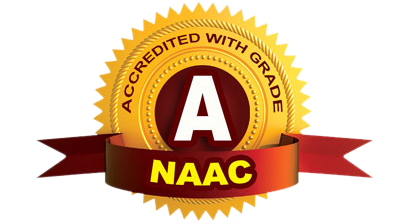Code of Ethics
Anti-Plagiarism Policy
Plagiarism is the dishonest presentation of the work of others as if it were one’s own.
Plagiarism violates the expectations of trust and honesty necessary for academic work in an ethical community, it is a serious offense. In addition, plagiarism undercuts the basic purposes of higher education by short-circuiting the processes of inquiry, reflection and communication that lead to learning.
Plagiarism can take several forms, including but not limited to:
Using the exact words of another writer in part of a paper without both citation and quotation marks (or block indentation in the case of longer quotations)
Cutting and pasting material from Internet or other electronic resources without proper citation of sources
Including the paraphrased or summarized idea of another writer without acknowledging its source
Accepting excessive assistance from another person in writing a paper without informing readers of the nature and extent of that collaboration
Submitting for credit a complete paper or portion of a paper written by another person, no matter whether the paper was purchased, shared freely, stolen, found or acquired by other means
Submitting music, drawings, paintings, sculptures or photographs that copy or rely closely on the work of other artists, without explicitly citing the original source
Writing a computer program that is the same or closely similar to existing sources
credit for a project, multimedia presentation, poster or other assignment that draws dishonestly on the work of others
Duplicate submission is also a violation of academic integrity, because every assignment presumes that new inquiry and effort will produce new learning, and submitting a paper already written for another occasion subverts this learning. Submitting the same original paper for credit in more than one class in the same semester, without the expressed permission of both instructors involved, is not acceptable. Using the same paper or closely similar material from one semester to fulfill a requirement in another semester is normally not allowed without specific permission from the instructor. If students receive the same or similar assignments in different courses, they should consult with the professor about alternate assignments.
Recognizing that students may sometimes commit plagiarism unintentionally because they do not know the conventions of quotation, citation and acknowledgement, professors may deal with cases of plagiarism in different ways. When in the professor’s judgment the student intends to do honest work but doesn't yet understand the conventions of academic quotation and acknowledgment, the professor may require the student to rewrite the paper, may lower the grade on the paper or may fail the paper.
Cases of plagiarism that result in a failing grade for an assignment or for a course must be reported to the Provost in order to prevent any individual from plagiarizing repeatedly and each time professing ignorance. If a student plagiarizes repeatedly, the Provost may apply additional penalties, including dismissal from the college.






